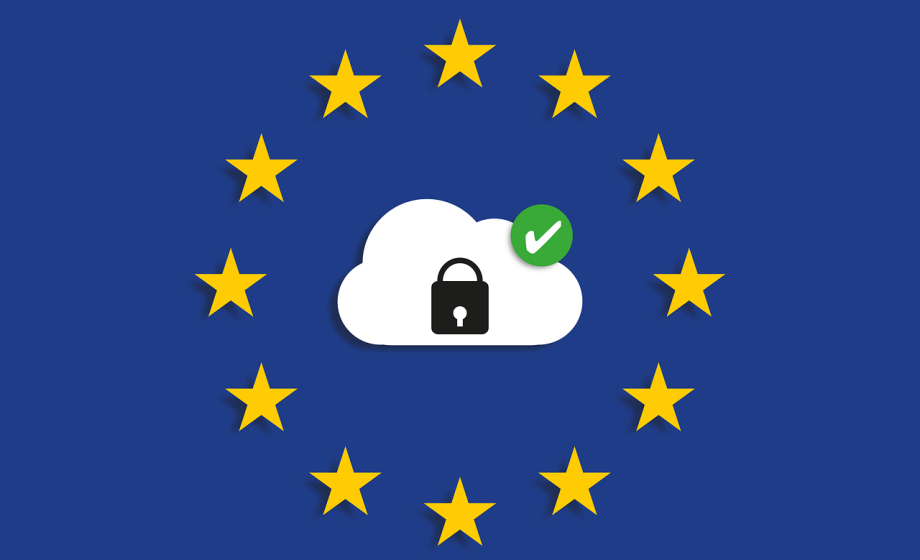The French Presidency of the European Union Council can now reflect on several achievements in the digital field in its 6-month chairmanship as it hands over to the Czech Republic.
The departing French presidency has been productive on the tech front. It has made Europe’s digital sovereignty a major priority.
The head of the digital economy department at the French Ministry of Economy, Mathieu Weill disclosed at an event, “There is a level of discussion today about Europe in the tech sector which did not exist previously and there’s much more respect for Europe as a tech player than it was before.”
Some tech reforms were seen under the French presidency’s tenure. For instance, under the French Presidency, two flagship regulations, Digital Markets Act (DMA) and Digital Services Act (DSA) were concluded.
Some analysts have described the reforms as a feat, given the anticipated effect of the two texts and the short period that has gone since the European Commission presented the presidency in December 2020.
The Digital Markets Act (DMA) plans to make the sector more contestable and fairer by imposing on big online platforms, also known as “gatekeepers,” featuring a list of don’ts and dos.
More so, the DSA would address illegal products and content, systemic risks, and content moderation. The two texts still require to be officially approved during the plenary.
According to Weill, “They have been very important milestones on the way to digital sovereignty. We will be very mindful of the implementation by the Commission.”
In addition, the French Presidency has successfully concluded the talks on the revised Network and Information Security Directive (NIS2).
The directive is designed to actualize a high level of cybersecurity in Europe. Its latest agreed revision solidifies the security needs like the critical supply chains and growth on the scope of entities covered by the directive.
Meanwhile, the French Economy Minister Bruno Le Maire, outside the regulatory framework, has provided a fresh method to address the financing requirement of growing start-ups at a meeting assigned for the “Scale-up Europe” initiative.
The initiative aims to design 10 to 20 European funds with €1 billion each, whereas Europe presently has just two. Weill expressed that 22 member states have supported the initiative already.
France passes the reign to the Czech.
On Friday, France passed the reign to the Czech republic. The Czechs have already signaled their aim to achieve a general approach to the Data Act, AI Act, and eIDs (Electronic Identification).
Petr Ocko, the Czech deputy minister for digitalization and innovation, declared, “There are many files that were shifted forward by the French presidency, and we can build on a very robust work of our French friends.”

